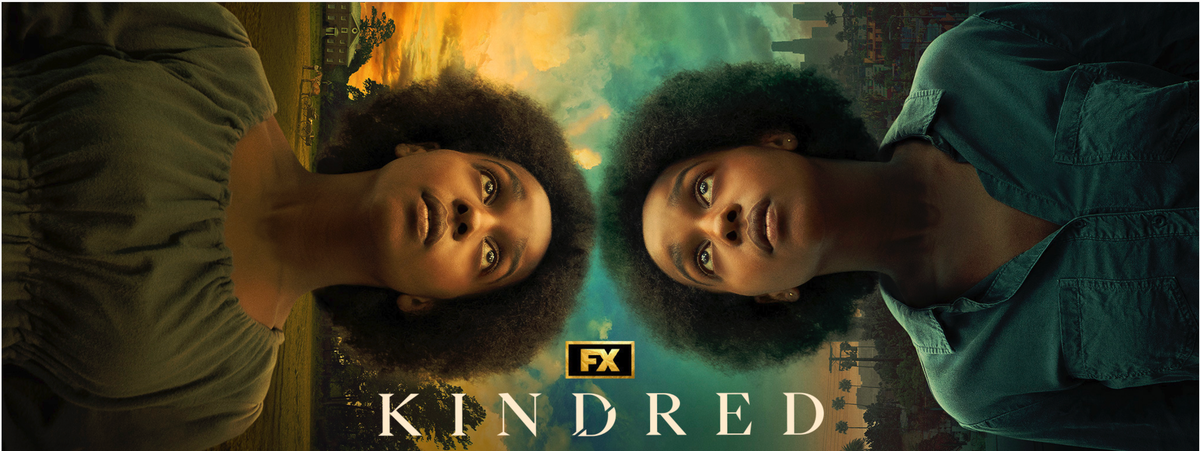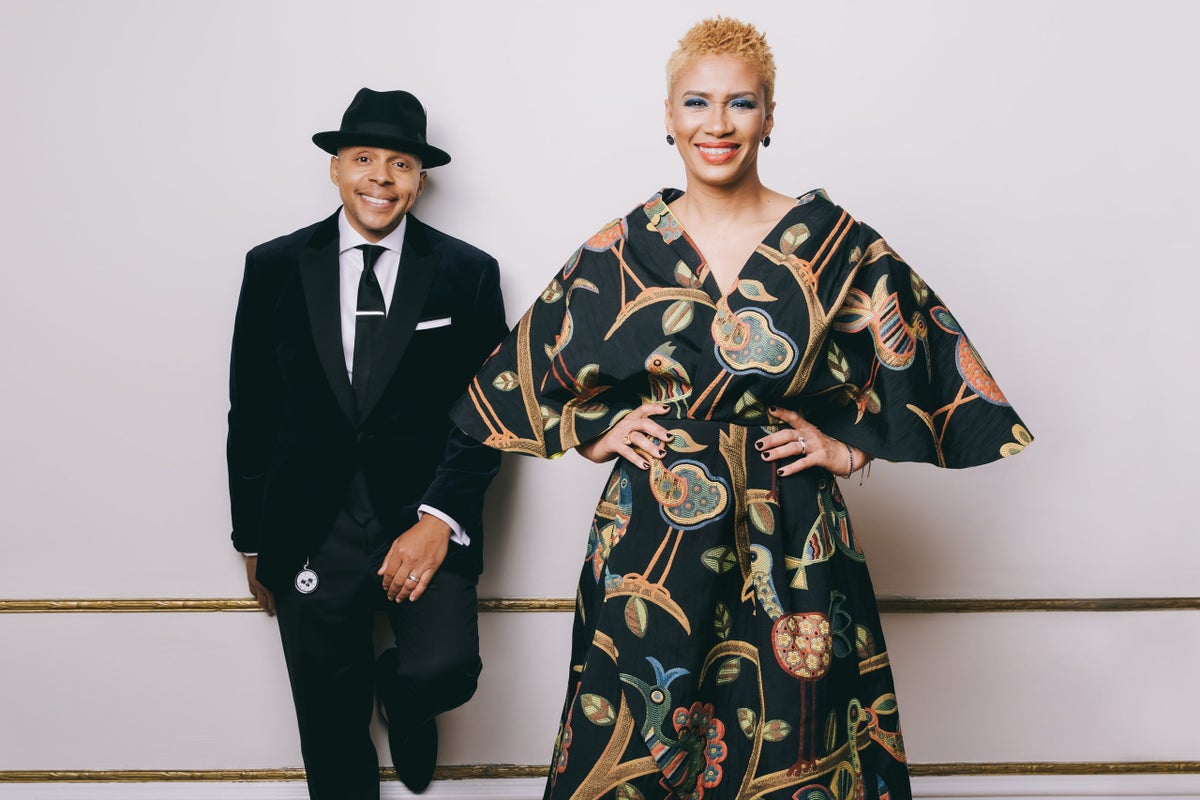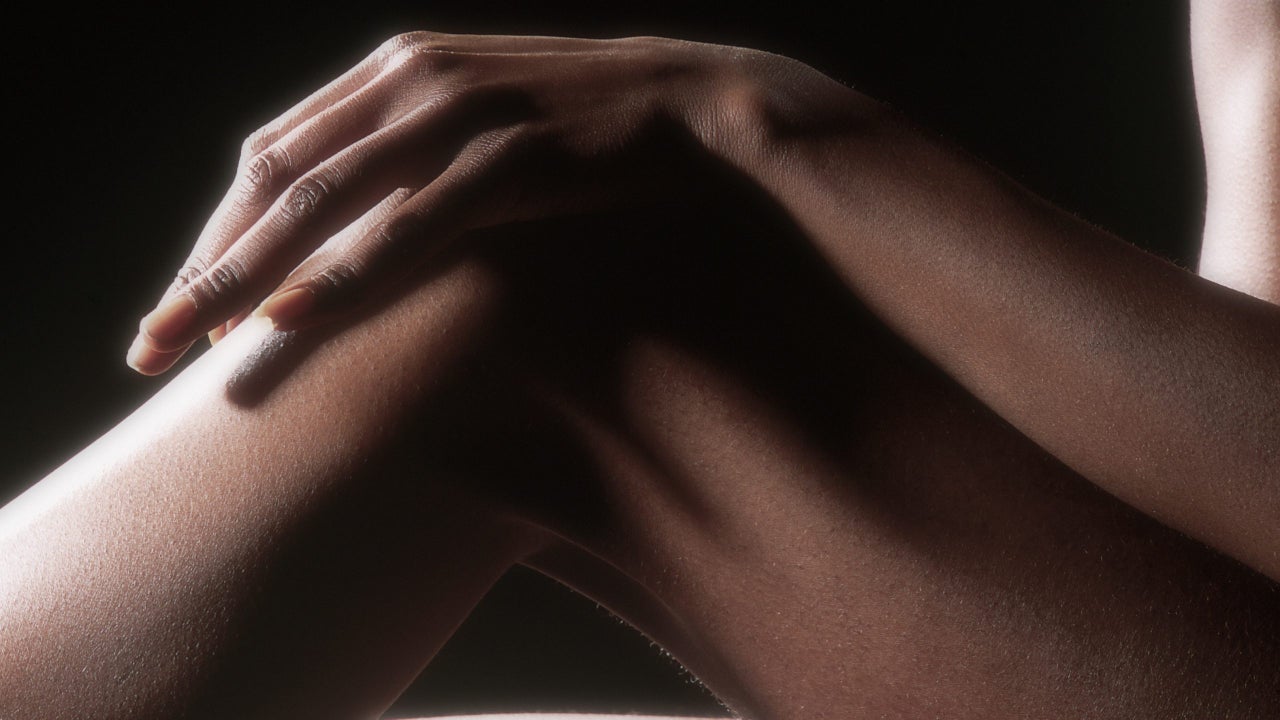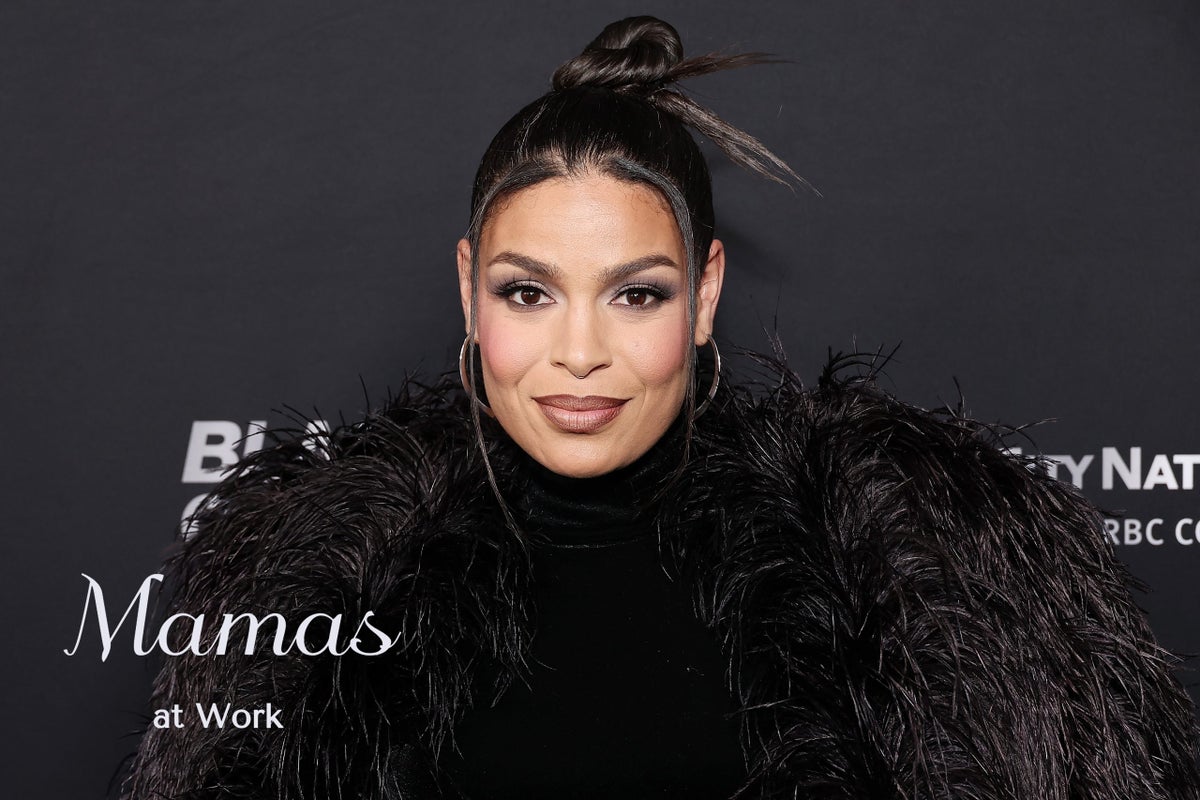
If you’ve been following Queen Bey, you know she is making history with her use of Afrofuturism—and she’s not the only artist exploring this idea or infusing it into current culture. But what exactly is it? What does it mean? And how does it influence us today?
Let’s start with the word itself. The term Afrofuturism was created by author Mark Dey in 1994, but the concept has been a part of Black popular culture for a lot longer than that. It has emerged as a genre that centers Black history and culture and combines it with science-fiction, technology, and futuristic elements into literature, music, and the visual arts.
Afrofuturism celebrates Black History while questioning the present, and envisioning a future where Black creativity is inspired pride and is consumed by all.
In the Pages
Ytasha Womack traces the history of the genre, looking at why Black artists, musicians, and writers have been drawn to it in the book, Afrofuturism: The World of Black Sci-fi and Fantasy Culture.
For fiction fans, Zélie Adebola’s series starting with Children of Blood and Bone mixes West African mythology with modern themes for a great read.
And don’t count out graphic novels like “Black Kirby,” created by duo Stacey Robinson and John Jennings. This comic remixes (and reimagines) the classic style of artist and writer Jack Kirby.
In Our Culture
Avant-garde jazz musician, composer, poet, artist, and well-known
Afrofuturism advocate Sun Ra (born Herman Poole Blount) has made way for musicians like Solange and Janelle Monáe to use this medium as a means of expression.
The film The Wiz originally brought this genre to the big screen, it was Black Panther that put it in the spotlight.
Branden Jacobs-Jenkins brought his adaptation of Octavia Butler’s classic novel to streaming with FX’s Kindred on Hulu. Watch as a young Black woman settles in her new home when she finds herself being pulled back and forth in time, emerging at a nineteenth-century plantation and confronting secrets she never knew ran through her blood.
In Our Communities
Discover Afropunk, an influential community of young, gifted people of all backgrounds who speak through music, art, film, comedy, fashion and more.
Originating with the 2003 documentary that highlighted a Black presence in the American punk scene, it has become a platform for the alternative and experimental that is ground in punk principles of DIY aesthetics, radical thought, and social nonconformity—while also strives to create a space for all.
This Black History Month article was brought to you by HULU. Stream Black stories this month and all year long on HULU.







